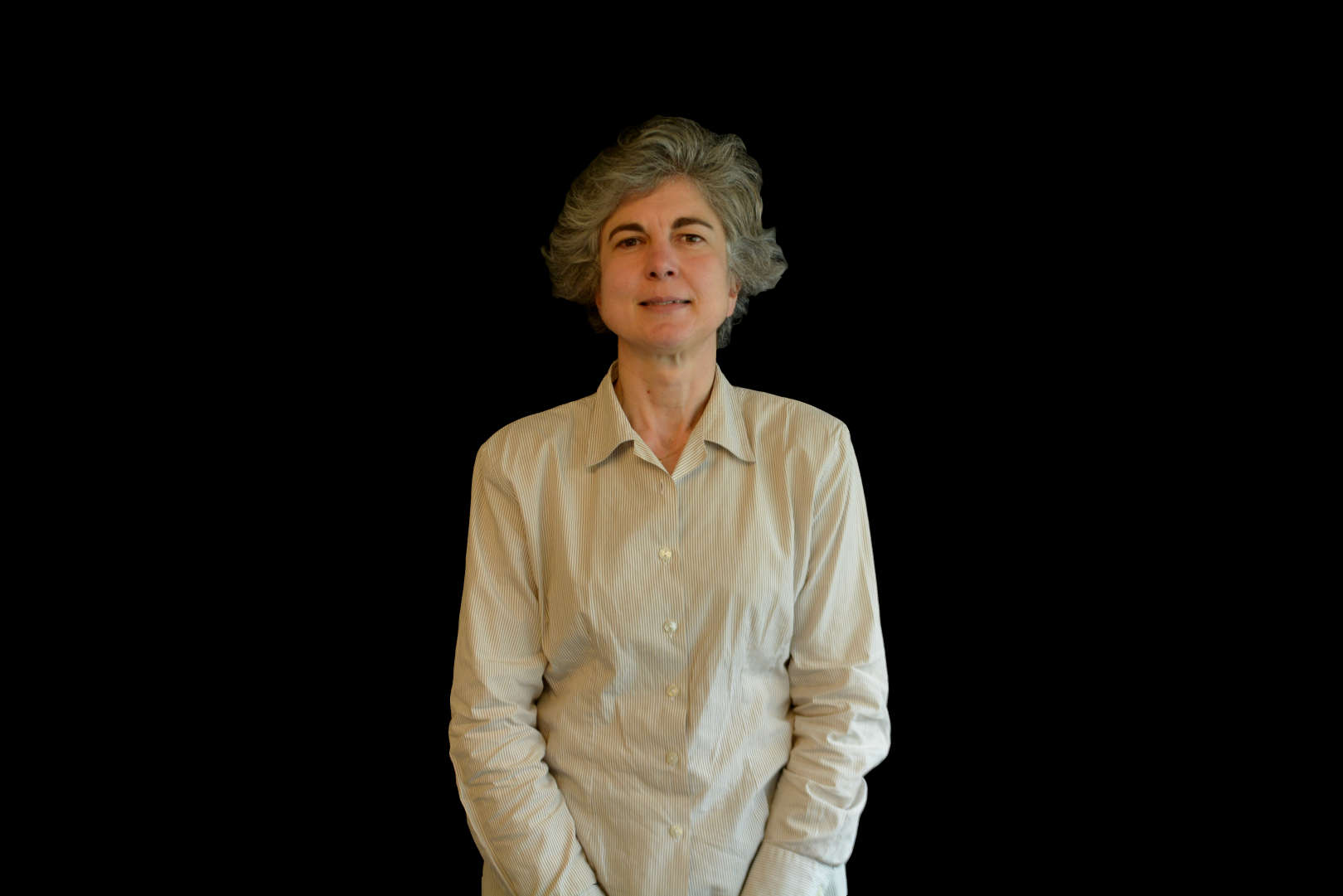About
Benedita Malheiro holds a five-year degree in Electrical Engineering, and an M.Sc. and a Ph.D. in Electrical and Computers Engineering, all from the University of Porto. She is a Coordinator Professor at the Electrical Engineering Department of Instituto Superior de Engenharia do Porto, the School of Engineering of the Polytechnic Institute of Porto, and director of the European Project Semester. She is specialized in engineering education and, as a senior researcher of the Centre of Robotics and Autonomous Systems of INESC TEC, in solving distributed, dynamic, and decentralized problems with the help of artificial intelligence (AI) and distributed computing. She is a member of AAAI, ACM, APPIA (Portuguese Association for AI) and OE, the Portuguese Engineers Association.


